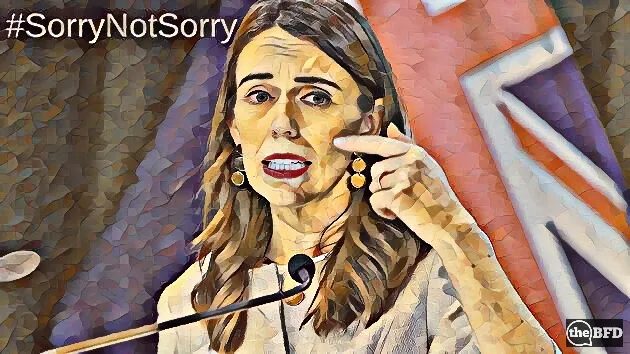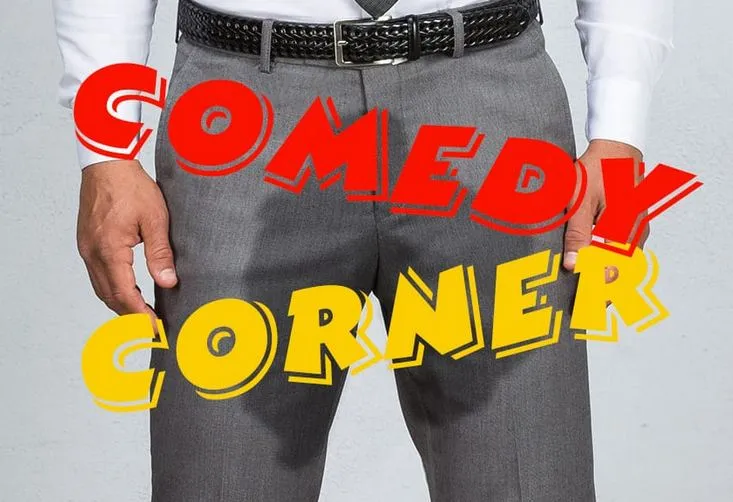Table of Contents
“Forgive and forget”, the Covidians are airily telling us, as they demand a “Covid amnesty”. Forgetting is simply not on: those who forget the lessons of the past, after all, are condemned to repeat them.
As for forgiving – maybe. But we cannot forgive until we have the truth.
Author and pastor Tim Keller begins his new book with a warning about forgiveness gone wrong.
Keller cites a famous parable found in the New Testament Book of Matthew, where a king forgives one of his servants, who owes a fortune and can’t repay. Rather than be grateful, the servant turns around and has one of his co-workers, who owed him a pittance, tossed in jail. When the king finds out he is furious and revokes his initial forgiveness.
“We should not miss the confrontational nature of this parable,” Keller writes in “Forgive: Why Should I and How Can I?” out Tuesday (Nov. 1) from Viking. “Jesus’ parable about forgiveness is not a feel-good story about people receiving God’s forgiveness and then eagerly spreading the love to others. Rather, it is a story about a man asking for forgiveness and then being utterly unchanged when he got it.”
This is what the Covidians are demanding, though. They’re not even admitting their culpability, hiding behind weaselly lies like “We didn’t know” (Oh, yes, you bloody well did – or should have). Even if ignorance were an excuse, the ongoing refusal to even cop to the truth precludes forgiveness.
The new book comes at a time when Americans are experiencing a forgiveness crisis, Keller argues, in part because the idea of forgiveness has often been misused, especially in religious circles. At times, he writes, survivors of abuse have been pressured to forgive those abusers and just move on. Or forgiveness is used to cover up the truth about the harm people have done to others.
“People have used forgiveness as a way of destroying the truth,” said Keller.
As Mum always used to say, don’t say “sorry” unless you mean it. An apology without a concession of guilt and a commitment to change is meaningless. The Covidians are not even admitting what they did wrong, and we have no reason to believe they wouldn’t do it all again, if they thought they could get away with it.
“The word repent means asking for forgiveness,” he said. “If you don’t think you’ve done anything wrong, you have not repented.”
This is the crux of the “amnesty” issue: the Covid bullies still won’t admit that they did anything wrong. Instead, they’re trying to hide behind a flimsy veil of pretended ignorance.
Withholding forgiveness can give people a sense of power over others, he argues.
“If you are out to punish someone,” he said, “you make it really hard for them to ask for forgiveness.”
That may be so, but it’s barking up the wrong tree, in this case – simply because those who did such colossal wrong are steadfastly refusing to admit the truth, let alone commit to not repeating the wrong.
Keller also stressed that after forgiveness, trust has to be earned.
Religion News
And that’s the missing element, here: so far, the Covidians have given us not a single reason to trust them.









